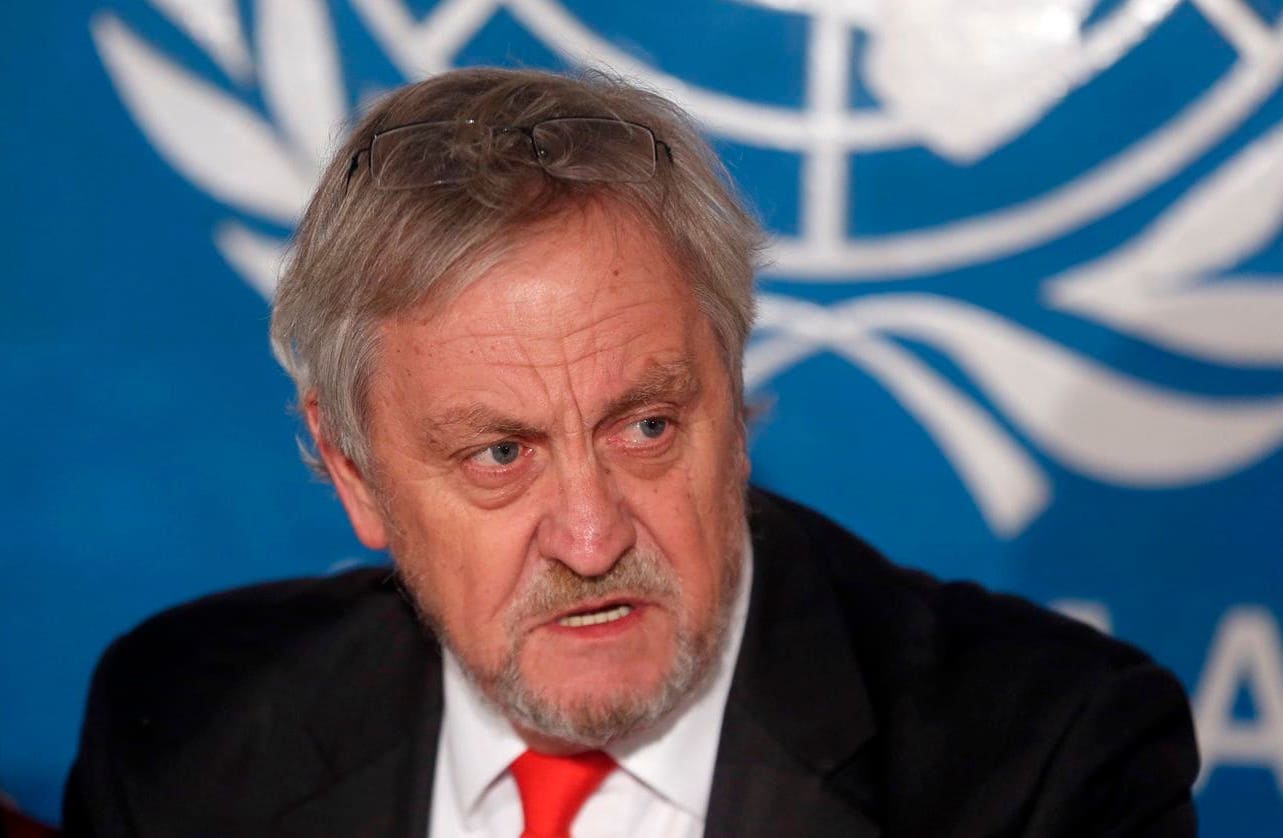Somalia expels UN Official
January 4, 2019 | Expert Insights

Somalia’s government took the drastic step of expelling the United Nations’ most senior official in the country after he questioned the detention of a former al-Shabab leader contesting the regional election.
Background
Somalia is the easternmost country in Africa, located on the Horn of Africa. In the 1800s, after the fall of the Sultanate to regional powers, Somalia was occupied by Egypt, France, Britain, and Italy. Italy had captured a large proportion of the country by the 1900s. In 1956, Italian Somaliland has renamed Somalia. The country gained independence from British and Italian forces in 1960.
A turbulent nation, Somalia has been plagued by anarchy since 1991, when Mohamad Siad Barre’s military regime was overthrown, and the country fell to warring clans. UN peacekeeping missions failed through the 1990s. The tentative government formed in 2000 ended when the two regions of Somaliland and Puntland broke away. Through the 2000s, the country struggled to fight against infiltrating militia that was loyal to the Islamist Courts, and later jihadist groups. In 2012, a formal parliament backed by the international community was finally established.
Islamist militant group al-Shabab is battling the UN-backed government in Somalia. Al-Shabab means The Youth in Arabic. It emerged as the radical youth wing of Somalia's now-defunct Union of Islamic Courts, which controlled Mogadishu in 2006, before being forced out by Ethiopian forces. Al-Shabab advocates the Saudi-inspired Wahhabi version of Islam, while most Somalis are Sufis.
Nicholas Haysom is a South African lawyer and diplomat who has been serving as the United Nations Secretary-General’s Special Representative for Somalia since September 2018.
Analysis
Nicholas Haysom, a South African, had served only a few months as the special representative for U.N. Secretary-General António Guterres. Somalia’s Foreign Ministry declared him “persona non grata” and ordered him to leave the country.
“The decision came after the highest U.N. diplomat in Somalia violated the agency’s standards and the international diplomatic norms by intervening in the national sovereignty of Somalia,” the Foreign Ministry said in a statement published by state-owned media.
Haysom’s expulsion comes amid a political crisis that has pitted the governments of Somalia’s semiautonomous regions against the federal government based in the capital, Mogadishu. The regional governments are in the process of holding elections.
In the South West state, the only one that has held its election so far, the favorite candidate to win the top leadership position was Mukhtar Robow, who had served as the deputy leader of the Islamist militant group al-Shabab for many years before defecting in 2017. Robow was barred by the federal government from running, ostensibly for his failure to formally repudiate al-Shabab. Robow’s defection was originally seen as a major win for the government, which is trying to encourage such defections, but his bid for elective office was clearly not what authorities had in mind.
He was arrested by police days before the election. Subsequent rioting by his supporters in the regional capital, Baidoa, resulted in at least 15 deaths, and scores were detained by security forces. Robow was transferred to a prison run by Somalia’s intelligence service in Mogadishu.
In a letter to the federal government, Haysom criticized the crackdown and questioned the legal basis for holding Robow without charge beyond a 48-hour limit.
The letter also highlighted civilian deaths during the protests and said they must be “thoroughly and promptly investigated.” Haysom wrote that more than 300 people, including minors, were arrested after the demonstrations in Baidoa.
Al-Shabab once controlled most of southern Somalia, but most cities have been taken back by an African Union-led force that is about 20,000 strong. In the mostly rural areas it now controls, the al-Qaeda-aligned group imposes a strict version of Islamic law. It has carried out countless kidnappings and suicide bombings in the country over the past decade.
The United States is a close backer of Somalia’s federal government and has largely refrained from criticizing it, though it did sign on to a letter expressing concern over Robow’s arrest and the subsequent crackdown.
Assessment
Our assessment is that the expulsion of the UN Special representative is not a good sign for democracy in the host nation. We believe that the allegations against Nicholas Haysom are exaggerated as he was only asking for electoral fair play and a chance for the representation of opposition candidates on the ballot.








Comments